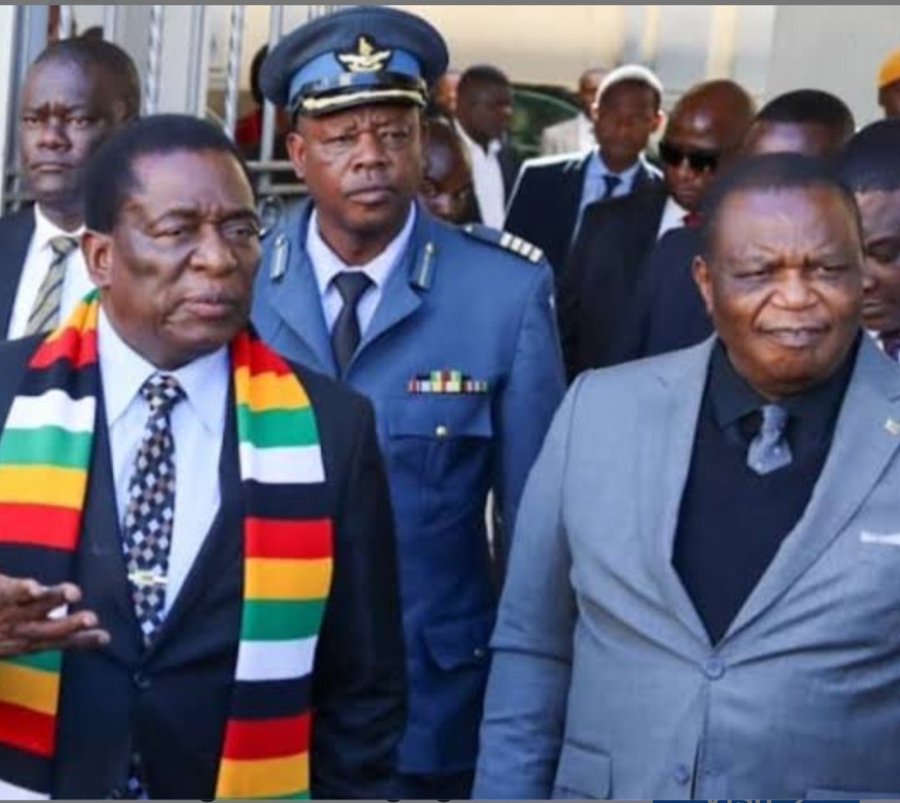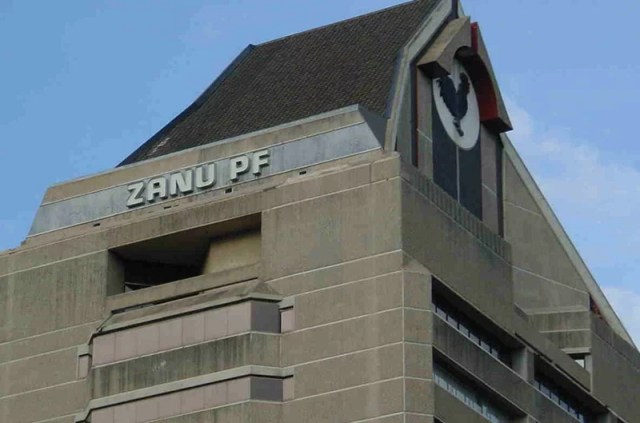GOVERNMENT LABELS JOURNALIST A THREAT TO NATIONAL SECURITY, SPARKING OUTCRY

In a worrying development, Dr. Anyway Mutambudzi, Zimbabwe’s Chief Director of Strategic and Presidential Communications, has made strong accusations against well-known journalist Hopewell Chin’ono. He has called Chin’ono’s social media posts “a threat to national security.” This has caused concern among many, as it appears to be an effort to silence Chin’ono, who often speaks out against the Zimbabwean government.
Whenever government officials label people, especially journalists, as threats to national security, it raises important questions about freedom of speech and democracy. In many cases, these labels are followed by actions such as harassment, arrests, or other punishments. In Zimbabwe, this new situation has led to a debate about press freedom and how the government is handling criticism.
Dr. Mutambudzi’s claims that Chin’ono’s posts are trying to divide the public from the ruling party, the government, and the state are troubling. It is important to think about these accusations and what they mean for both journalism and democracy in Zimbabwe.
When a journalist is called a threat to national security, it sends a message to other reporters. It makes them scared to cover important issues or criticize the government. The freedom of the press is essential to any democracy. The media plays a key role by holding powerful people accountable for their actions. When reporters are threatened and silenced, it takes away the public’s right to know what is happening. It weakens the very core of a democratic society.
In today’s world, social media is a big tool for journalists. It helps them share information with the public and discuss important issues. However, this also puts them in the spotlight, where the government watches them closely. Hopewell Chin’ono has used social media to talk about corruption in the government and human rights abuses. Because of this, he has become a well-known figure in Zimbabwe. By saying his posts are a threat to national security, the government seems to be trying to stop him from using social media as a way to freely express himself.
For democracy to grow, people need to be able to share ideas and debate openly. While governments do have a duty to protect national security, this should not mean that they can shut down voices that disagree with them. A true democracy allows criticism and values the role of journalists in checking the power of leaders. Ignoring these critical voices only makes a country’s democracy weaker.
The situation in Zimbabwe has also caught the attention of the international community. Human rights groups and foreign governments are worried about how the country treats its journalists and activists. These actions not only hurt Zimbabwe’s reputation but also make it harder for the country to have good relationships with other nations.
There is an urgent need for dialogue between the Zimbabwean government and its journalists. It is important for the country’s democracy that open discussions happen instead of using fear and threats. A free press is the foundation of any strong democracy, and silencing people only pushes them further away. The government risks losing its citizens’ trust and damaging its image on the global stage if it continues down this path.
The labeling of Hopewell Chin’ono as a “threat to national security” is a serious issue. It should be seen as a wake-up call for everyone who cares about democracy and press freedom in Zimbabwe. The government must protect the basic rights of its people, such as freedom of the press and the right to speak freely. Zimbabwe now has the chance to choose a better path—one that focuses on discussion and understanding, not fear and control. This will not only benefit its people but also improve its standing with the rest of the world. The future of democracy in Zimbabwe depends on how the government handles these situations and whether it can protect these fundamental freedoms.

